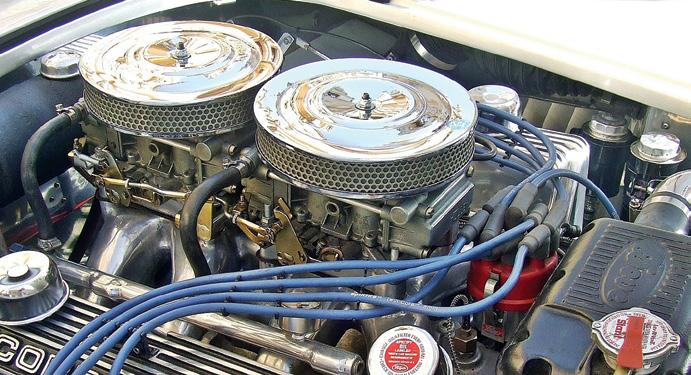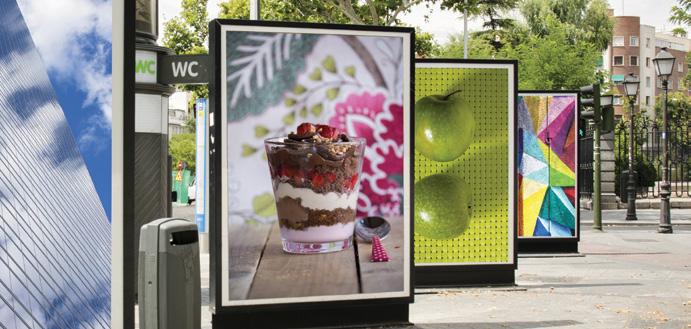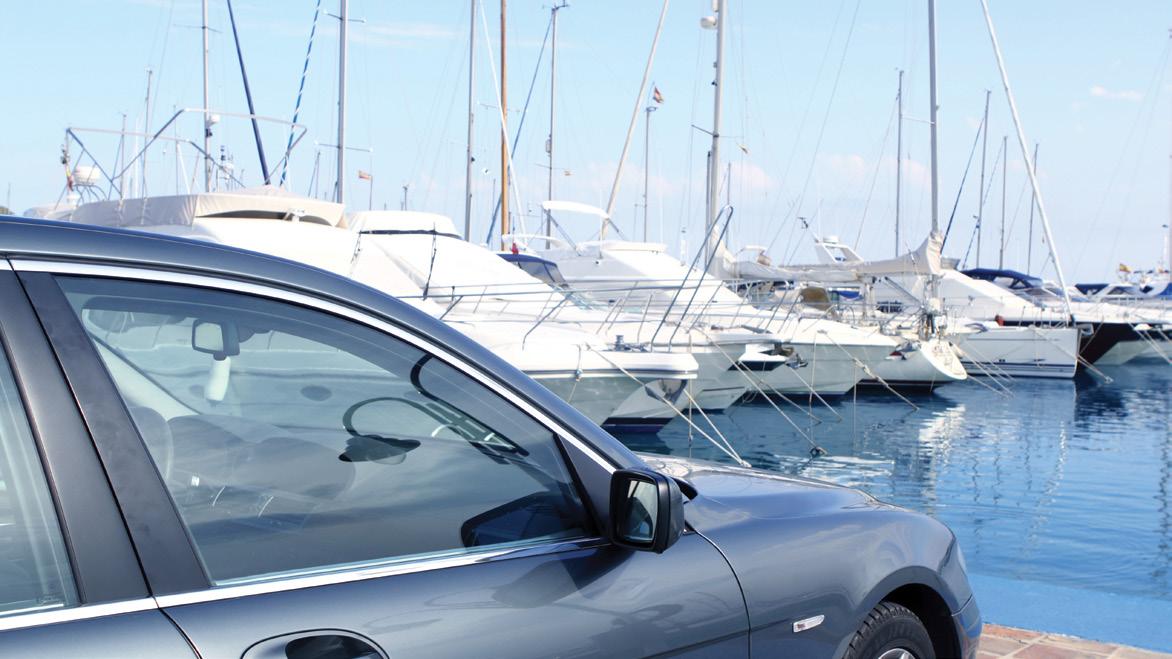
5 minute read
Fair Trading under New Zealand law
These pages have been designed to help you understand New Zealand law for the sale of goods and services. This includes examples and how the law applies to trading within the Bartercard Exchange.
To comply with the Fair Trading Act (FTA), members must not engage in ‘unfair practices’. To assist in defining what is fair, Bartercard New Zealand has issued this guide which takes into account the FTA and the rules of the Bartercard Exchange that members agree to when they join Bartercard.
Transactions are to be 100% in Bartercard trade dollars (100% Trade) and charged at the same rate as a cash customer would be charged for the same service on the same day. This applies to sales that would be typical in the ordinary course of your business.
Example:
A mechanic will service a range of vehicles in their workshop, however they may outsource work for European cars or major engine rebuilds and services that are outside of the standard service offering. In terms of fair trading, the mechanic would therefore be required to provide all their standard services on 100% Trade.
Bartercard members must provide all services in their directory listing fully payable with 100% Trade. If members fail to honour their directory listings they could be prosecuted for bait advertising under section 19 of the FTA.
A directory listing that is vague or unclear as to what services are available on Bartercard could also be considered as a form of bait advertising. Refer to the FTA section of this handbook. The work that is outsourced (that falls outside of their standard service offering) may therefore not be available on Bartercard.
The following are examples to assist members in avoiding unfair practices.
Accommodation
The price on your own website on the day of the booking is the price that will be charged, or if it is a telephone booking, the same price that would be offered to a cash paying customer. This means that a typical ‘rack rate’ cannot be used as a basis for Bartercard pricing.
Fair practice for accommodation providers:

» Reduced pricing on a third party or discount site is not applicable on Bartercard
» 100% Trade pricing.
(E.g. No cash for parking unless this is clearly a third party e.g. Wilson’s Parking Building)
» Clear directory listing of when accommodation is available i.e. if a member has a known unavailability during peak times.
DIRECTORY LISTING EXAMPLE:
Stylishly furnished studio, 1 & 2 bedroom apartments situated in the heart of the city. All bookings are subject to availability. No bookings accepted during special events & festivals.

Mechanical
» As with all industries this should be set out in the member’s directory listing
» 100% Trade on servicing, brakes, cambelts and transmission servicing
» 100% Trade for sundry items like oil, filter, wiper blades, fuses, bulbs and lubricants.
DIRECTORY LISTING EXAMPLE:
WOF, full service on 4 cylinder cars excluding European, brakes & clutch kits supplied and installed, transmission servicing on all 4-6 cylinder vehicles. Larger jobs or full overhauls to be discussed with Bartercard.

Professional services
» Full Trade for all services
» Disbursements are acceptable in cash e.g. Land title office fees.
DIRECTORY LISTING EXAMPLE: Quality accounting and taxation services at a reasonable price from a small practice. Specialising in Xero, making your accounts easy. Free initial consultation.
Advertising

» All advertising and marketing should be 100% Trade
» Advertising should be sold at your normal selling price. A rack rate that is never charged, cannot be used. It must be aligned with what a cash client would pay
» An advertising promotion cannot be a form of bait advertising to win cash contract through other channels
» Websites and website hosting are to be payable 100% Trade
» SEO services are to be 100% Trade.
Hospitality & Restaurants
» 100% Trade for meals and drinks
» Group / large bookings by arrangement
» Bookings as per the directory listing availability.
DIRECTORY LISTING EXAMPLE: A warm welcoming atmosphere and interesting menu awaits you. Open breakfast, lunch & dinner. Families welcome. Bookings are essential, please call first. Winter hours: Tuesday to Saturday.

Retail
» Goods/Services should be sold at your normal selling price. A rack rate that is never charged, cannot be used. It must be aligned with what a cash client would pay
» Any ‘special’ price that continues for longer than a short duration of the sale will become the regular or usual selling price
» A business cannot set an artificially high price knowing this would lead to little or no sales. They can’t then offer the product at a ‘discounted’ price. This may mislead the customers into thinking it’s a fair price
» You cannot mislead a client with an advertised price, and then charge a different price upon completion of sales e.g. Checkout and payment, quoting and payment.
DIRECTORY LISTING EXAMPLE:
Knee high socks. Made in NZ with Merino wool, help cold feet and legs stay warm. For babies, kids and adults alike. Not for wholesale sales.
Open and sales days
Sales days - Sale implies that products are ‘on sale’ and the consumer will be getting a discount that otherwise would not be available.

Open day - Product is available but doesn’t imply that stock is discounted.
The majority of the store/stock must be available on Bartercard - Products not available must be clearly stated - e.g. ‘GoPro’s not available’ or ‘excludes items already reduced’.
Refer to page 34 for more tips.
Pricing
» There can’t be two different prices
» Prices must be consistent with what someone else would actually pay on the day, e.g. if you advertise a price on your website and it is not a genuine mistake then you are legally obligated to provide the product/service at this price
» Members who are running specials or promotions should clearly state any exclusions that may apply e.g. GoPro or Apple products not available
» Don’t compare your product and price to that at another company unless they are identical. Comparing similar but not identical products may mislead customers.
Trades
» Labour – 100% payable on Trade
» You must give the customer the opportunity to source products that you do not stock on Bartercard
» Sundry items and small value items –glues, washers, lightbulbs, cables, what is carried in the vehicle at all times must be 100% payable on Trade
» Merchants must have the ability to do 100% Bartercard jobs – e.g. a carpet supplier that will only lay his carpet but won’t do the supply on Bartercard is not acceptable
» Jobs with a value of more than $10K refer to the large value transactions section.

DIRECTORY LISTING EXAMPLE:
Contact us for all your residential interior & exterior painting & decorating requirements, including wallpapering, spray-painting & plastering within Auckland & Hamilton. Contact Bartercard for larger jobs & commercial work.
Master electricians, industrial, communities, domestic installation + repairs. Testing + tagging, appliance repairs. Security lighting, heatpumps, ventilations, heat transfer systems. Underfloor heating, 24hr service.
Directory listings must be specific to what you can do – e.g. do not include full house builds if you cannot do these on 100% Trade.
Vehicle sales
For vehicle sales, the first T$10K is payable on Trade or 50% whichever is greater. Refer to the large value transactions section below.
If a car yard wishes to sell a vehicle that fits within the rules these will be all listed via the property website and promotions can be sent directing potential buyers to the website to view, 100% Trade vehicles can still be sold via MYBC.

All cars from licensed dealers must be ‘yard ready’ and of the same selling price in cash at the economy.
Large value transactions
We accept that in certain industries large value transactions which are in the ordinary course of business, may not always be possible at 100% Trade. For these situations Bartercard will approve in writing which members can sell at less than 100% Trade. An example of this would be selling cars. The fair practice for this will be a minimum of T$10K Trade or 50% in Trade whichever is higher in trade dollars.
EXAMPLE ONE:
A car selling for $14K, would be at a minimum of T$10K Trade.
EXAMPLE TWO:
A car selling for $25K would be at a minimum of T$12,500 Trade.
These are the minimum levels and for sales to occur often the minimum amount will need to be increased to achieve a sale.









